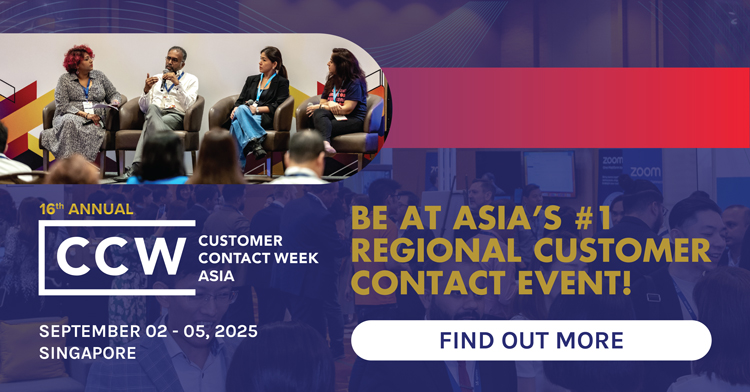You might have the right CX strategy, the right products and services, the right technology and infrastructure yet without the right people your future will be uncertain at best. Organisations need to adapt their ‘customer experience’ strategies in line with sweeping changes to the talent marketplace. Their future may depend on it.
Different generations have different expectations
The baby boomers are retiring, generation X are entering the later part of their careers, while generation Y and the millennials are entering the workforce in ever increasing numbers.
Research from McCrindle highlights that baby boomers currently make up 34% of the total workforce, by 2020 they will comprise less than 1 in 5 workers. Generation Y and the millennials will make up 47% of the Australian workforce.
The expectations of the new generations entering the workforce are very different to their predecessors. They have grown up in an extremely competitive, fast-paced, and technology advanced world, that is ever increasingly connected and mobile.
Just as social media and mobility have redefined the consumer experiences they are reshaping the experiences candidates expect when applying for a job.

In the same way consumers expect convenience, personalisation and immediate access to services via their smartphone or tablet, candidates expect an easy and mobile experience when applying for positions.
Candidates are customers
In fact, candidates are also customers. According to research from Talent Board 23.8% of job candidates surveyed stated that a positive candidate experience with an employer made them more likely to increase their relationships with the employers’ brand and products. 11% stated that poor enough candidate experiences will lead them to cut all ties with a company.
That means that purchasing decisions and brand sentiment are impacted directly through candidate experience. Managing candidate experience in talent acquisition has emerged as a major focus in the last few years. According to A Great Place to Work CEO, China Gorman, it’s about putting yourself in the shoes of the candidate and treating them as an individual. She highlights that the main issue impacting candidate experience is the application black hole.

Candidates can jump through hoops, filling out forms to apply for a job they know they are qualified or maybe over qualified for and they never hear back from the employer. Or they receive a generic automated response that provides no feedback.
According to mobile job search website and application Indeed, over 50 percent of job seekers globally, now search and apply for jobs using a mobile device. The popularity of mobile recruitment is gaining momentum yet many organisations are still without a mobile acquisitions strategy or a mobile-ready career site.
That’s a large and highly skilled talent pool they are potentially neglecting. By sharing mobile content or facilitating video interviews on-the-go, businesses can not only extend their talent pool but also enhance the candidate’s experience.
With candidates being more mobile and social organisations must provide a simplified, mobile-enabled application process to truly engage today’s job seekers and candidates. An effective strategy is more than just making the career site available on mobile devices; it should allow candidates to learn about the company and its positions as well as apply directly from their devices.

